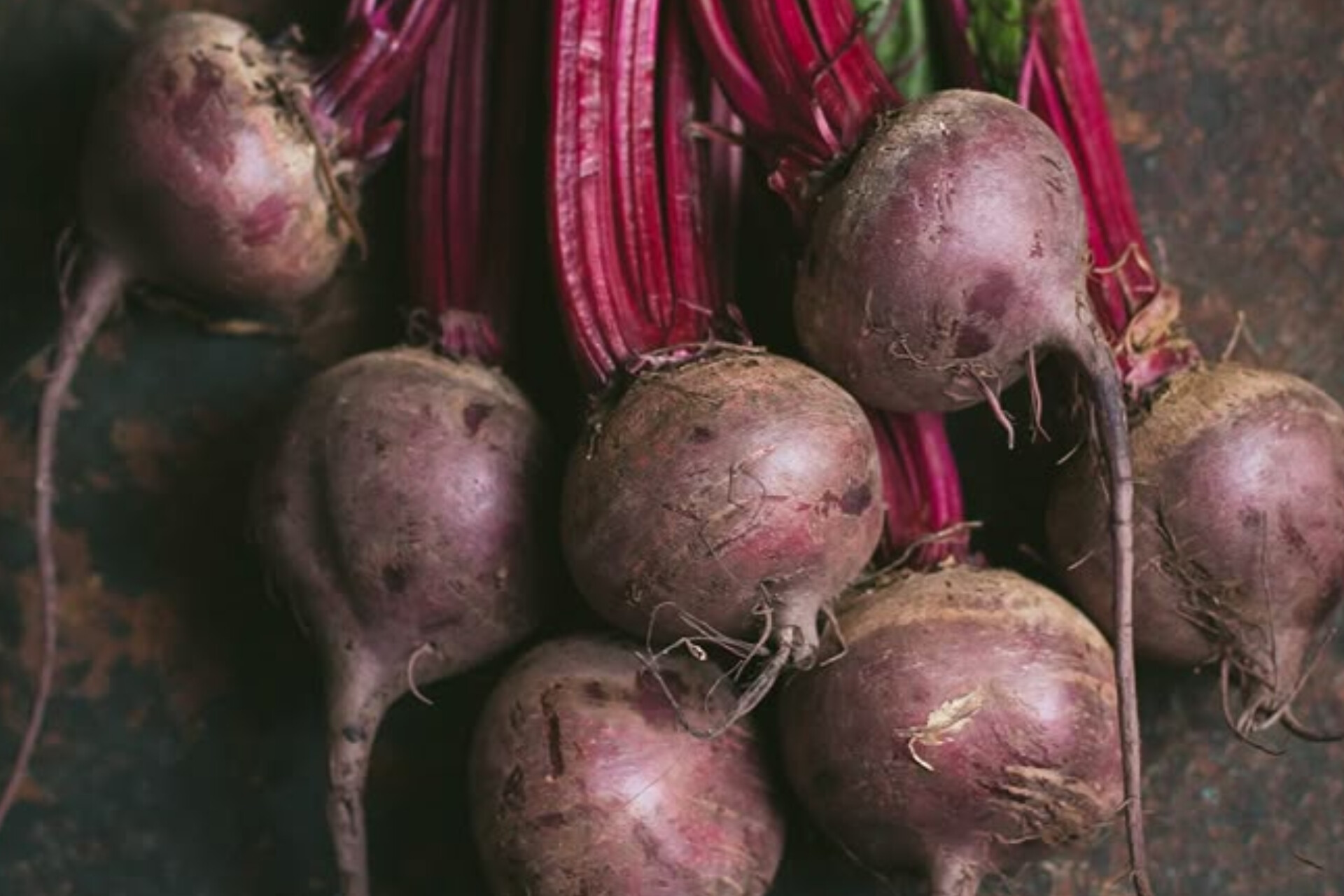
It turns out that even the healthiest foods can cause problems when you go overboard with them. If you love loading up on beetroot because of all its amazing health benefits, you might want to know about these surprising side effects that can happen when you eat too much of this vibrant red vegetable. Knowing these potential side effects can help you enjoy beetroot safely and avoid some pretty uncomfortable situations.
Why Too Much of a Good Thing Can Be Bad
Before we dive into the side effects, let’s understand why moderation matters even with healthy foods. Beetroot is loaded with compounds like oxalates, nitrates, and natural sugars that provide health benefits in reasonable amounts but can cause issues when consumed excessively.
Your body is designed to handle a variety of foods in balanced portions, not massive amounts of any single food – even superfoods.
5 Surprising Side Effects of Beetroot
1. Your Pee and Poop Might Turn Pink or Red
This is probably the most shocking side effect if you don’t know it’s coming. Called beeturia, this harmless but startling condition affects about 10-14% of people who eat beetroot. Don’t panic if you see red or pink in the toilet – it’s just the betalain pigments from the beetroot passing through your system.
While it’s not dangerous, it can be pretty alarming if you’re not expecting it. The discoloration usually appears within hours of eating beetroot and can last for a day or two.
2. Kidney Stone Formation Risk
Here’s where things get more serious. Beetroot is extremely high in oxalates – compounds that can bind with calcium to form kidney stones in susceptible people. If you already have a history of kidney stones or are at risk for them, eating large amounts of beetroot regularly could increase your chances of developing more stones.
This doesn’t mean you can never eat beetroot, but if you have kidney issues, it’s definitely worth talking to your doctor about how much is safe for you.
3. Blood Sugar Spikes
Despite being a vegetable, beetroot contains natural sugars that can cause blood glucose levels to rise, especially when eaten in large quantities. This is particularly concerning for people with diabetes or prediabetes who need to monitor their blood sugar carefully.
The glycemic index of beetroot is moderate, but when you’re eating large amounts regularly, those sugars can add up and impact your blood sugar control.
4. Digestive Upset and Stomach Issues
Too much beetroot can really mess with your digestive system. The high fiber content, while normally beneficial, can cause bloating, gas, cramping, and diarrhea when consumed in excessive amounts. Your gut bacteria might also struggle to process large quantities of beetroot, leading to uncomfortable digestive symptoms.
I learned this one the hard way after a particularly beetroot-heavy week that left me feeling pretty miserable.
5. Temporarily Low Blood Pressure
Beetroot is famous for its ability to lower blood pressure thanks to its nitrate content, which is generally a good thing. However, if you’re already taking blood pressure medication or have naturally low blood pressure, eating too much beetroot could cause your blood pressure to drop too low.
This can lead to dizziness, fatigue, or even fainting spells. If you’re on blood pressure medication, definitely check with your doctor about how much beetroot is safe for you.
Signs You Might Be Overdoing It
Pay attention to your body’s signals. If you’re experiencing persistent digestive issues, unusual fatigue, frequent headaches, or any of the symptoms mentioned above after increasing your beetroot intake, it might be time to scale back.
Remember, your body usually gives you pretty clear signals when something isn’t working well for you.

